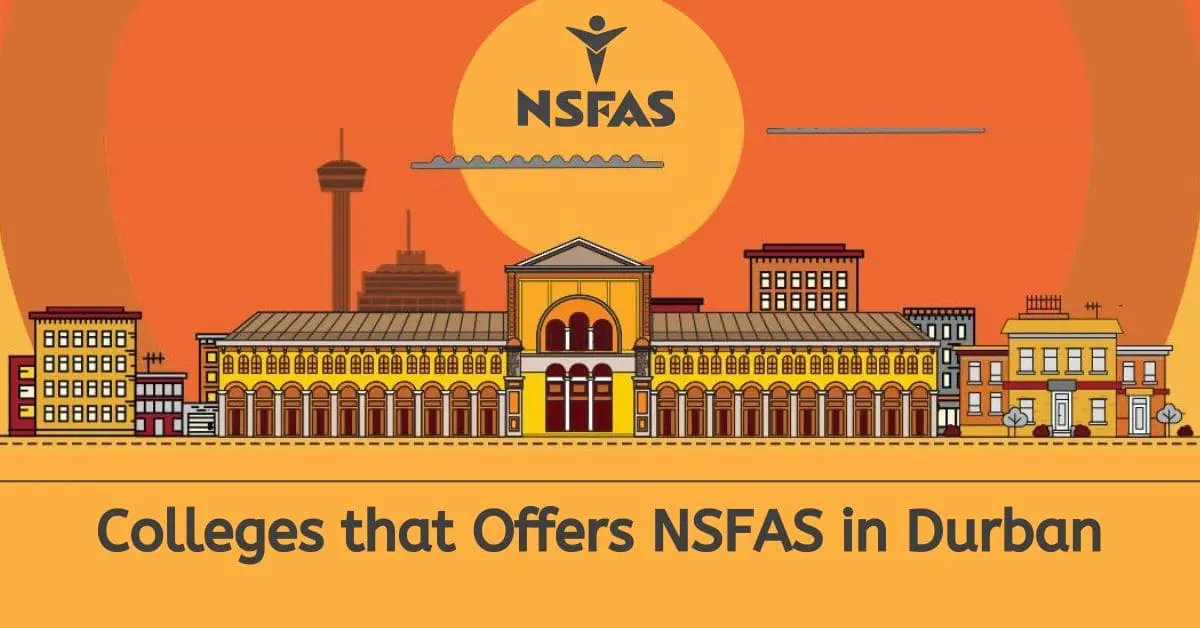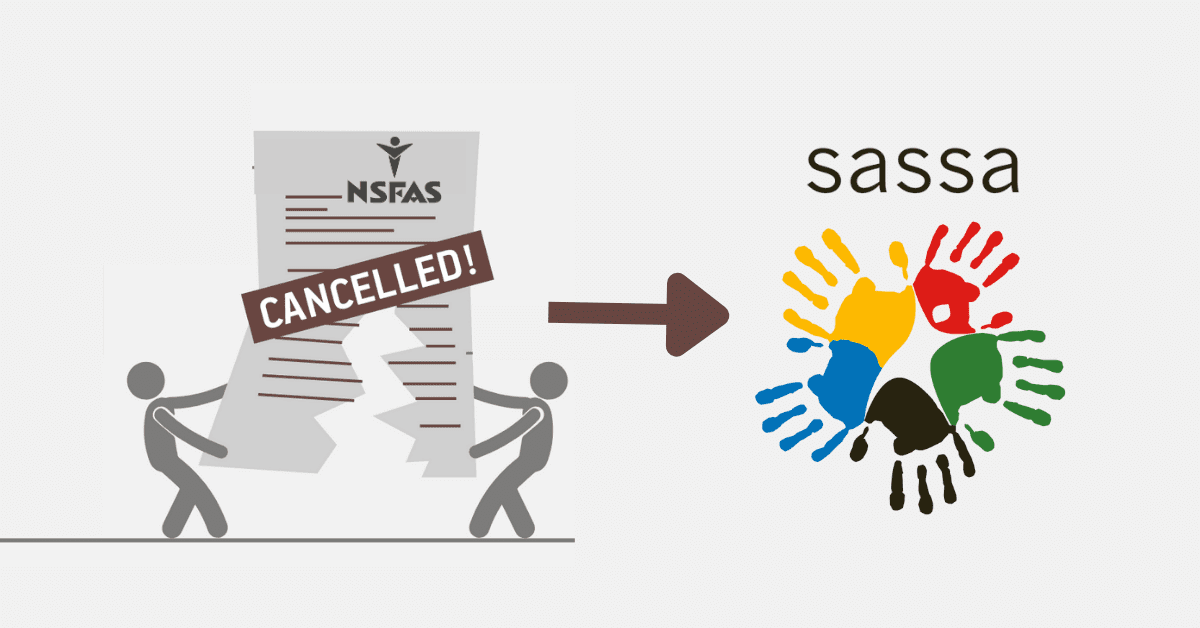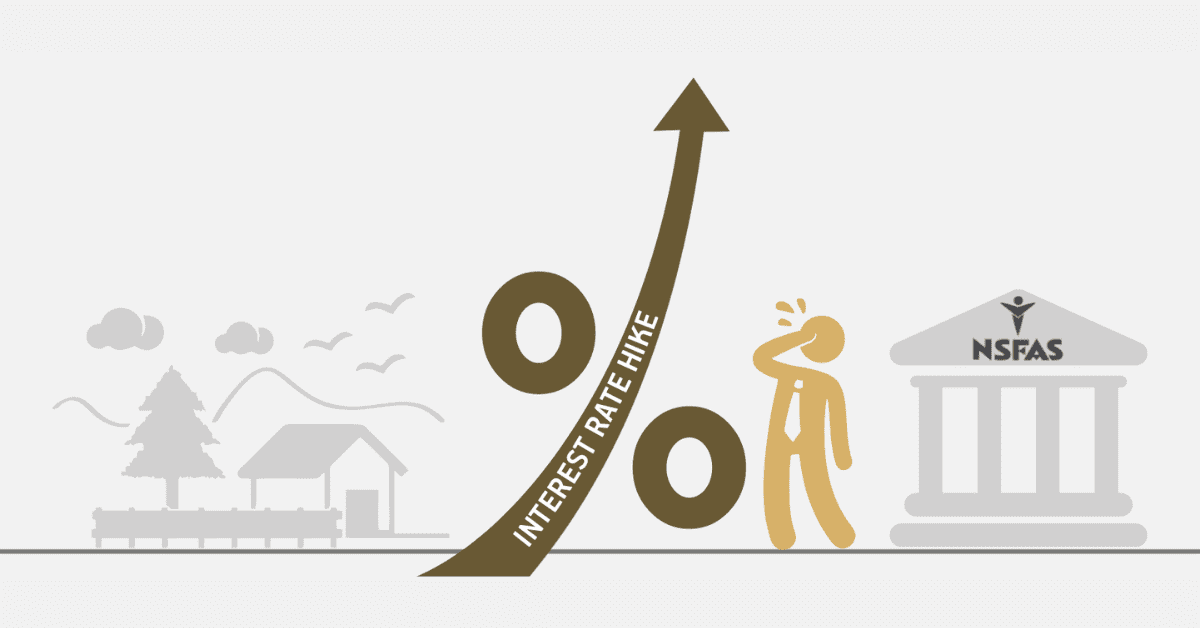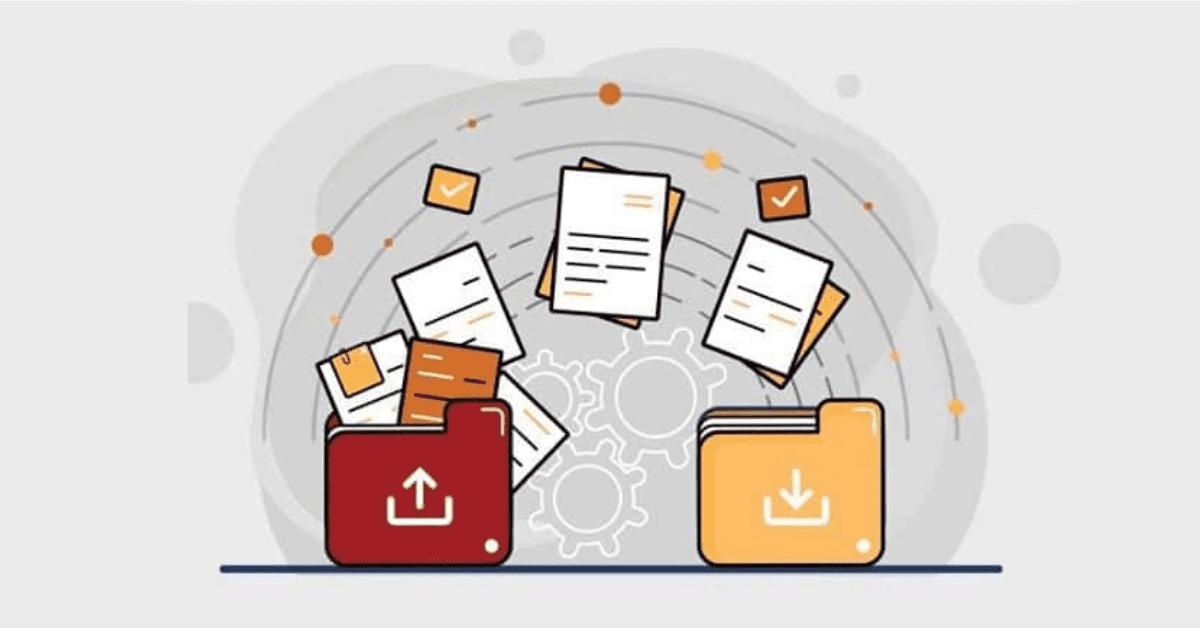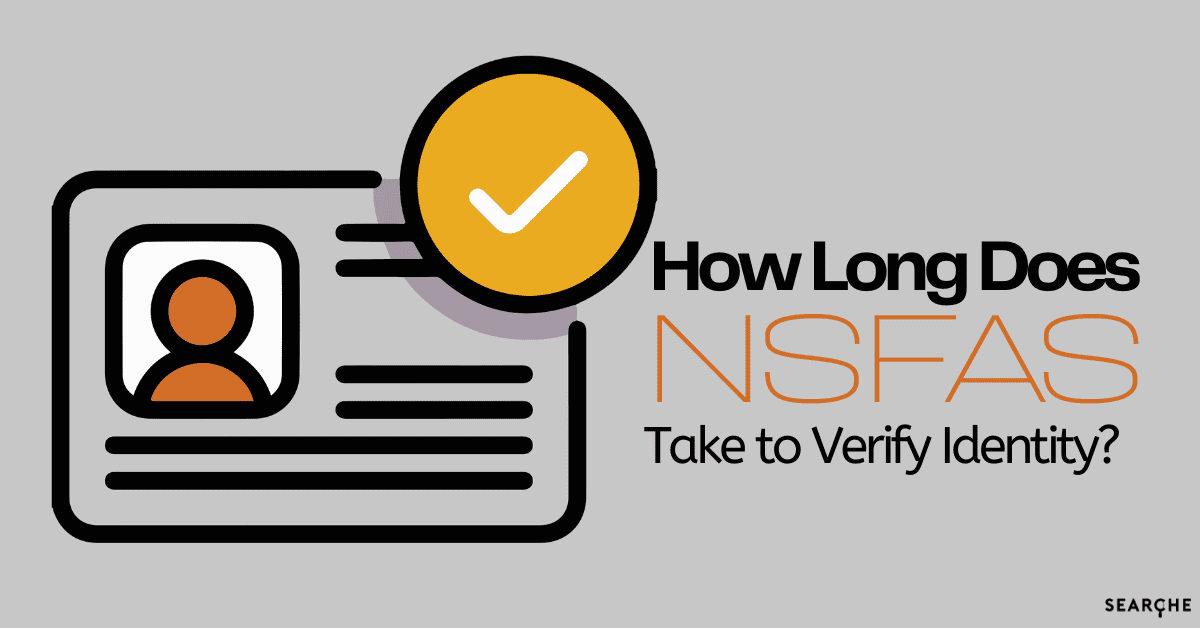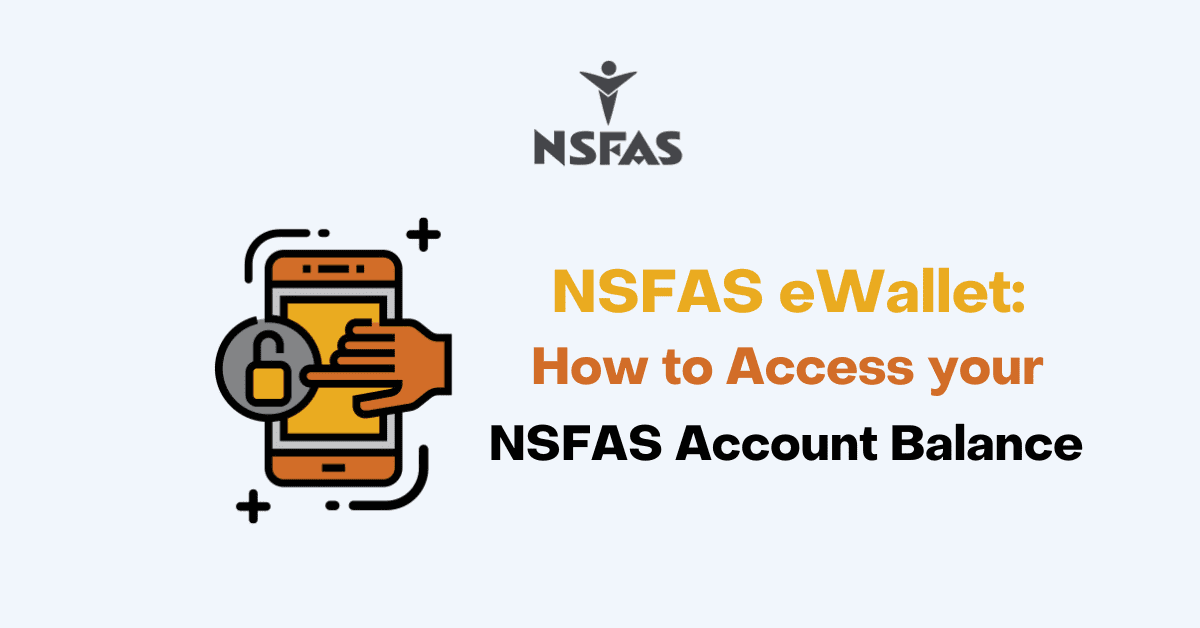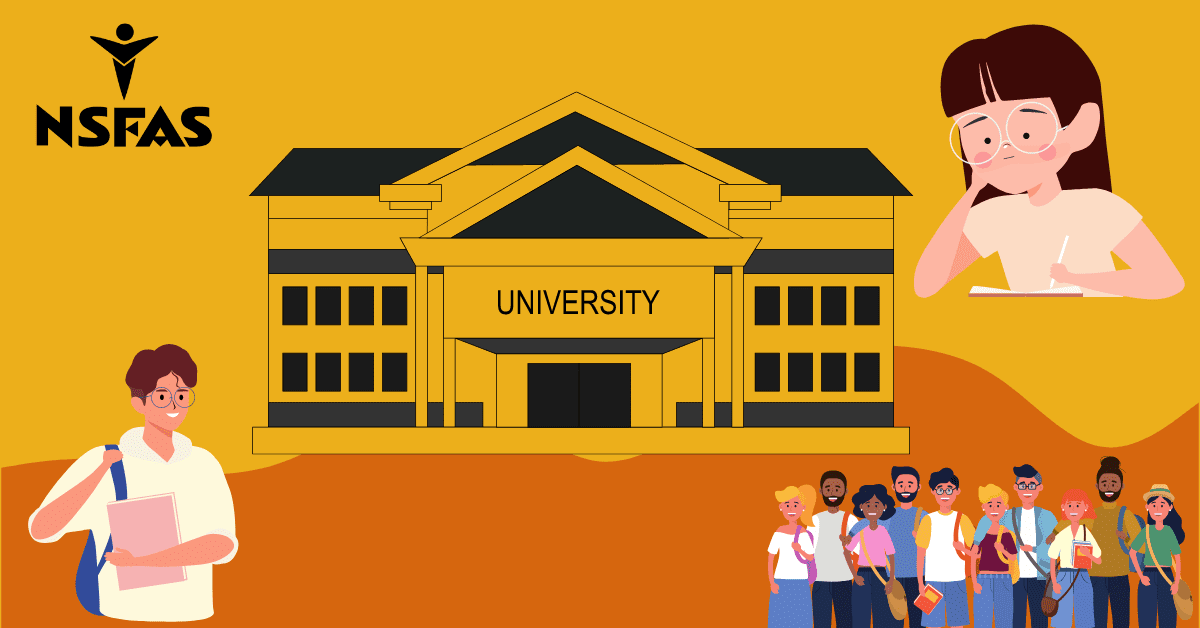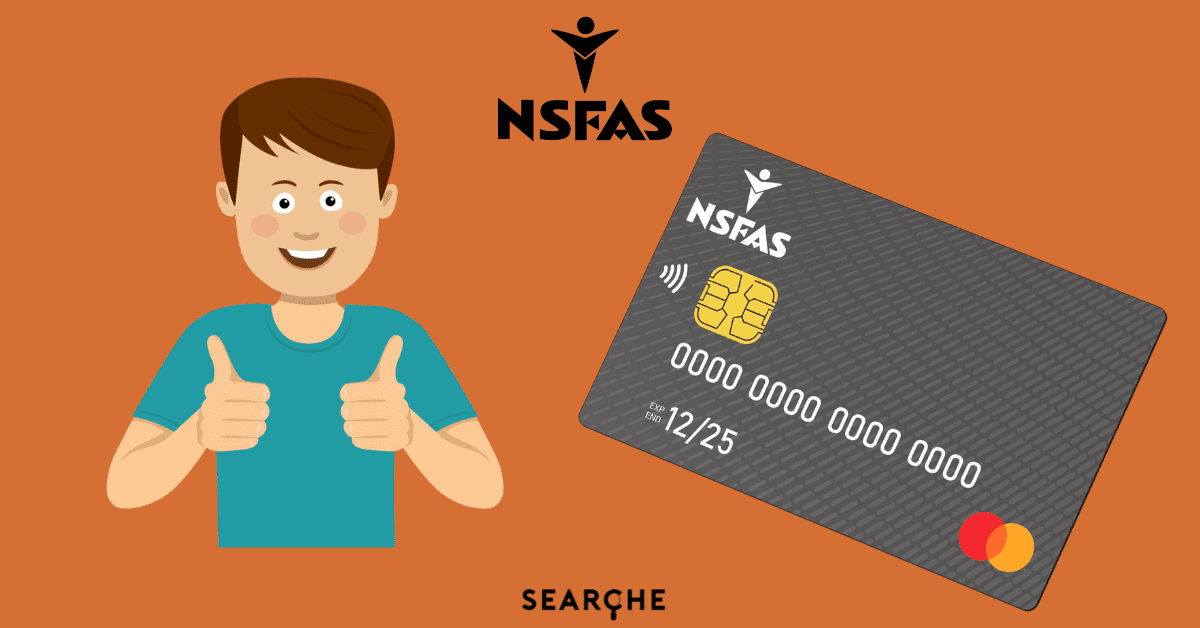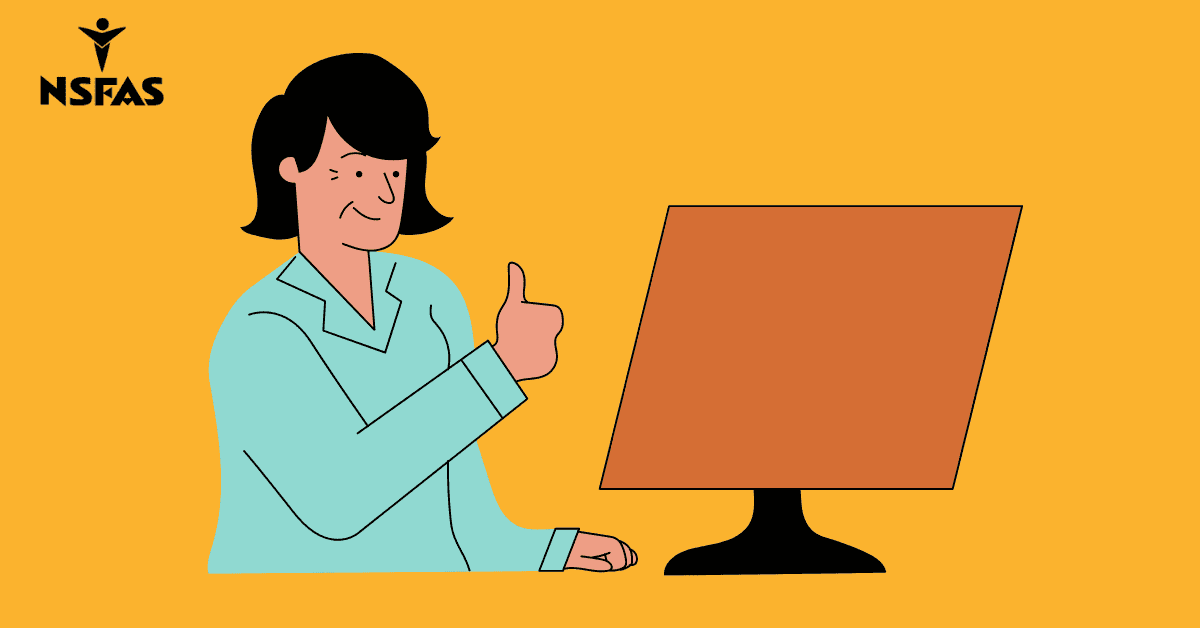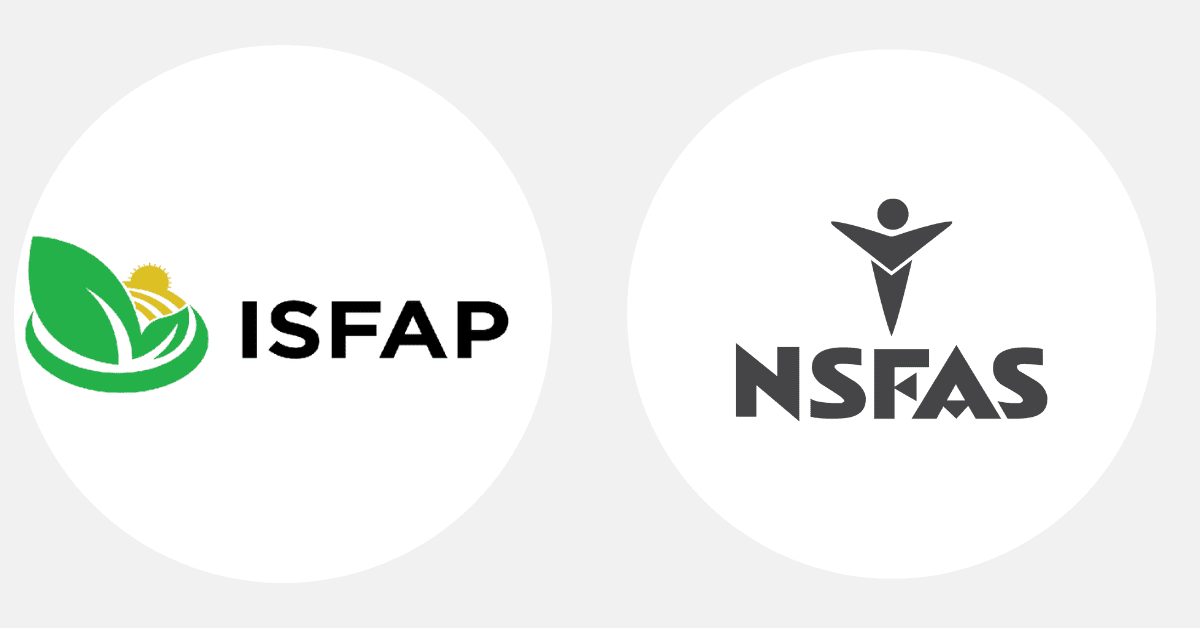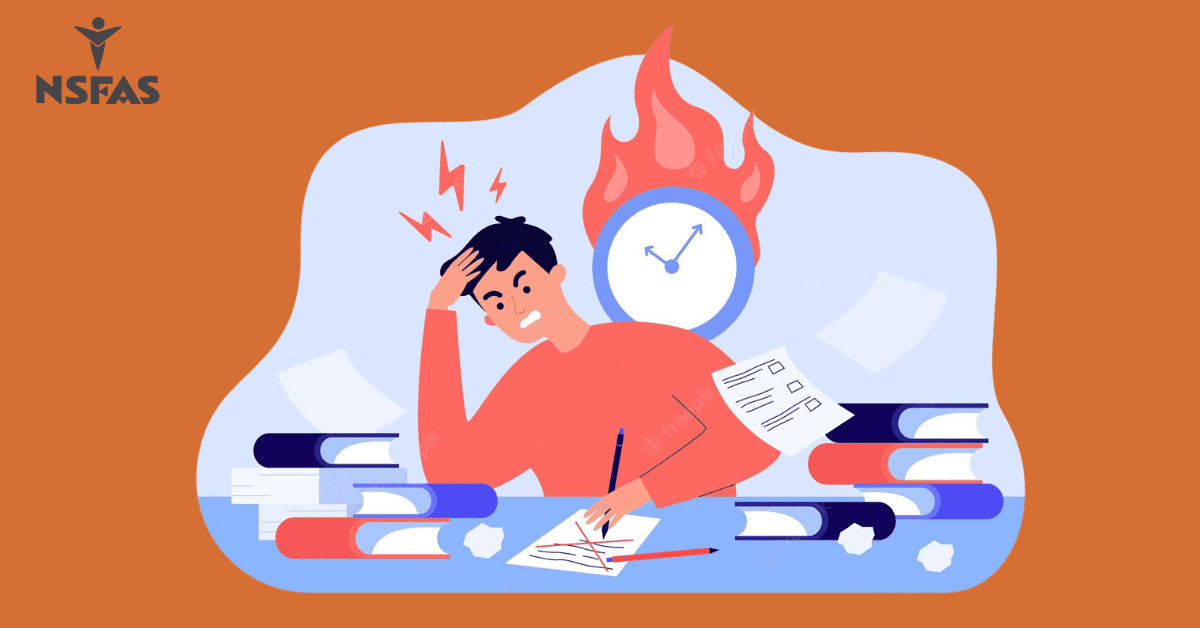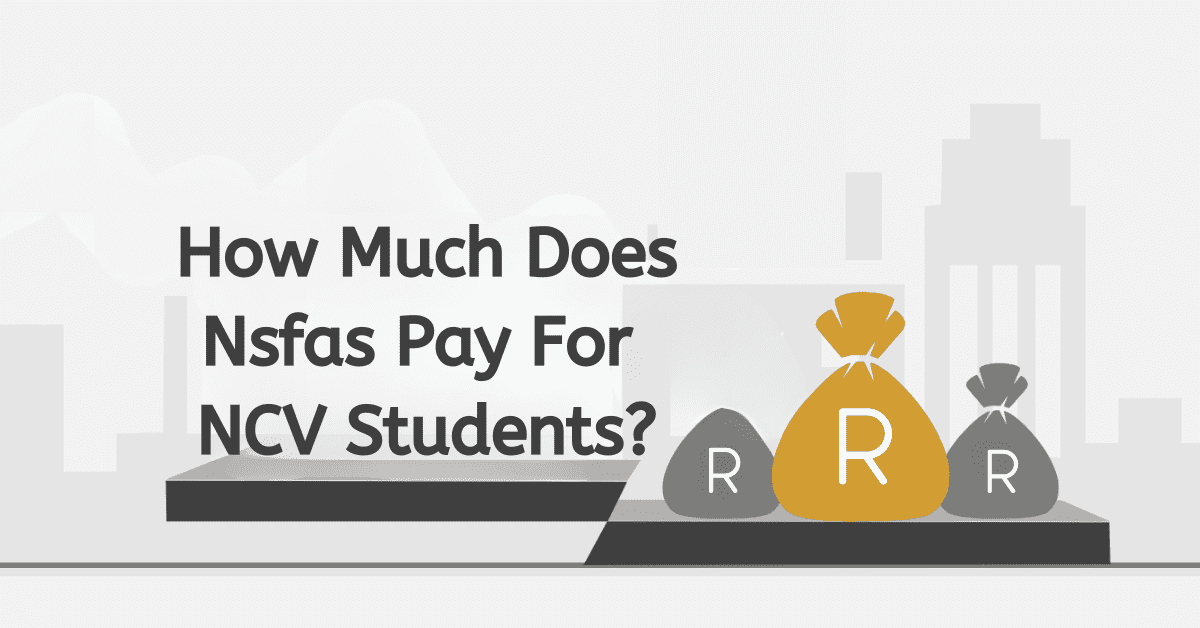Once you have applied for funding from NSFAS, you can monitor the status of your application through your myNSFAS portal. It will update several times with the stage of processing that your NSFAS application is currently at. One of these- typically the most lengthy phase of approval- is ‘validation’. This can be a long process, and your NSFAS application
Why is My NSFAS Status Stuck on Validation?
Validation of your NSFAS application can be one of the lengthiest stages of confirming your bursary eligibility. Many students feel that it is ‘stuck’ in the validation phase because of the length of time it takes for these processes to occur.
This is not a fault on NSFAS’s side and does not necessarily mean there’s a problem with your account. Because they rely on the response time of third-party institutions, including busy Governmental institutions, it can take a long time to get the checks out of the way. While you can always submit a query on the myNSFAS portal if you feel it is taking unusually long, for the most part, all you can do is wait until you either see your status change to a verification failure or move on to the next steps. This step is mostly out of your hands.
What Does It Mean When NSFAS Says Validation?
Validation refers to the process by which NSFAS confirms that all the details you have given them are correct. This can be a very lengthy process, as they have to contact outside institutions for proof of things like whether you accept a SASSA grant monthly, banks and employers regarding your income and your family’s income, and the Department of Home Affairs to confirm you are a valid South African citizen.
While you have no control over the response times to NSFAS from these institutions, you can make the process as smooth as possible by triple-checking your NSFAS application before you submit it, making sure every detail you have given them is 100% accurate. This will prevent third parties from rejecting your information and slowing down the validation process.
How Long Does NSFAS Validation Take?
Unfortunately, NSFAS does not offer a timeline for how long validation will take. It will simply stay in validation until all relevant third-party entities come back to them with the varying proofs they need to validate your accounts. As government departments like the Department of Home Affairs and SASSA can be very slow and backlogged with queries, this means it can take a frustrating amount of time to have your application validated.
To attempt to curb the lengthy waiting process, you should always submit your NSFAS application as early after it opens as you can. This ensures you are at least at the ‘front of the queue’ and can be processed as quickly as possible.
What Does It Mean by Application Validation?
Application validation is a stage your NSFAS application will go through. You can see what your current application status is by logging in to your myNSFAS portal. Here it will display the application stage.
Validation is one of the secondary stages your application goes through before it is approved and after you apply. It is the point at which NSFAS are confirming the various pieces of information you have given them. This involves third-party checks with entities like SASSA and the Department of Home Affairs. This is also where they will do various checks to ensure your household income is under the NSFAS threshold with SARS and your employer, although this typically carries the ‘checking eligibility’ label rather than the ‘validation’ label.
What Happens if Validation Fails?
If a mistake is found in your details with SASSA and the Department of Home Affairs, your ‘validation’ status will change to ‘DHA verification failed’ or a similar label. This means that the details you entered on your application have failed to be validated by the independent entities they contacted. One of the most common reasons for failure is when you only provided NSFAS with your first name but have several names registered with the Department of Home Affairs.
To avoid this sort of failure, make sure that the names and details you provided on your application exactly match your government-issued documents. You may have problems if, say, SASSA is using only one name, and the Department of Home Affairs has your full name from your ID.
Validation is an important step in ensuring your NSFAS application is successful. By paying careful attention to the detail you provide them and ensuring it 100% matches your state-issued documents, you can reduce the chances of having issues with your NSFAS validation significantly.
